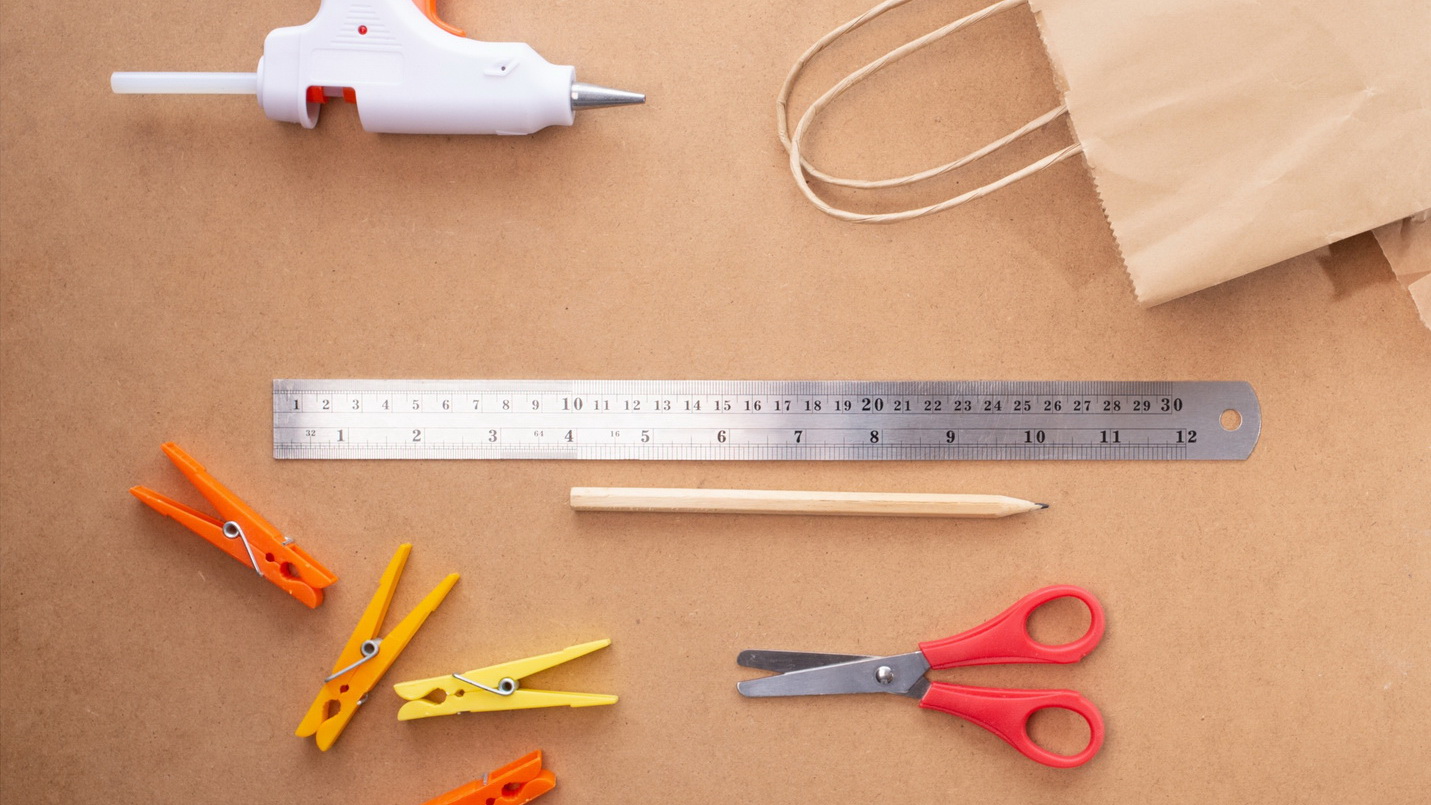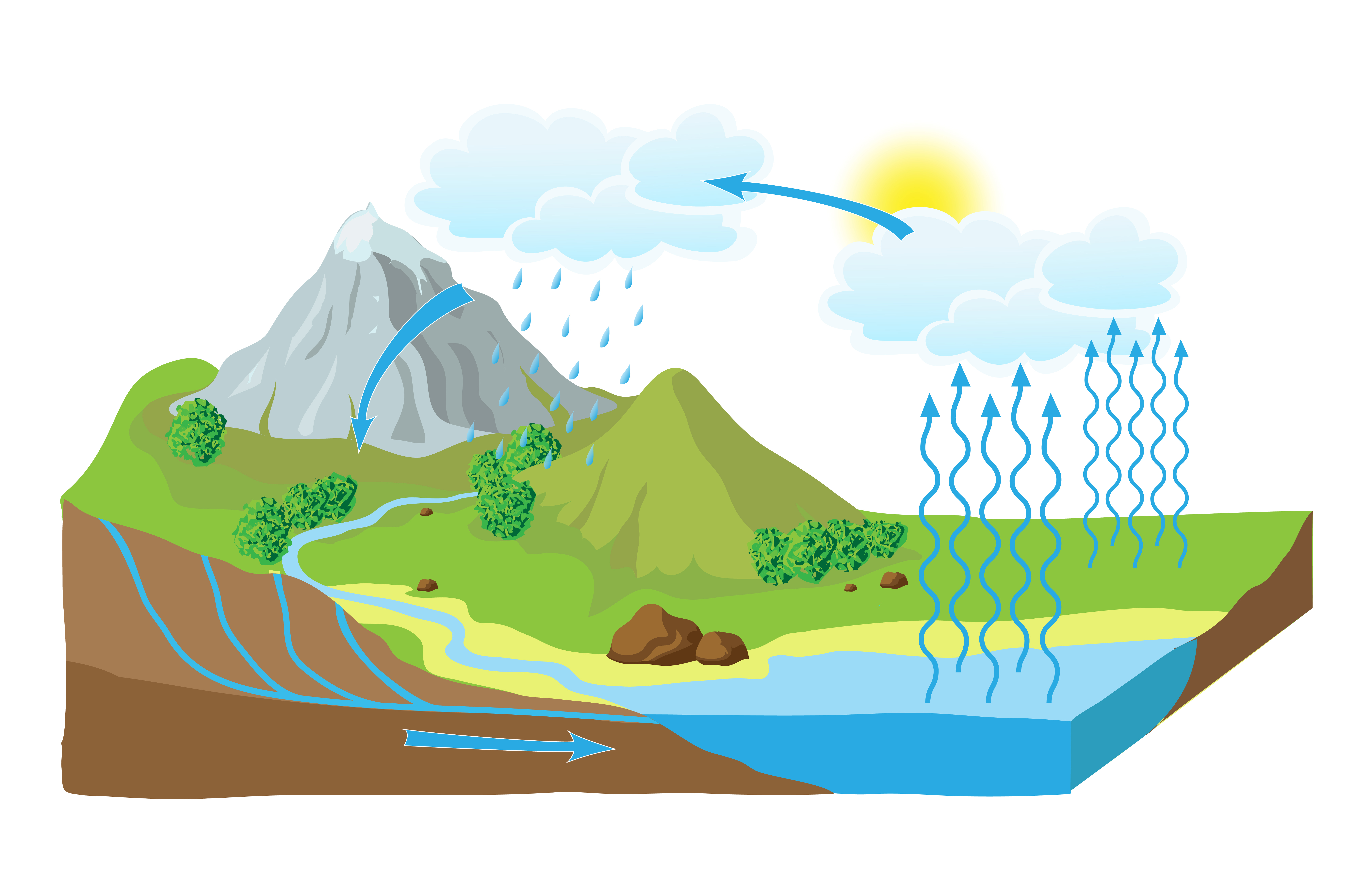Recognizing shapes Extra Challenge Worksheets for 7-Year-Olds
3 filtered results
-
From - To
Enhance your child's shape recognition skills with our "Recognizing Shapes Extra Challenge Worksheets" designed specifically for 7-year-olds. These engaging worksheets encourage learners to identify, classify, and differentiate various shapes through fun and interactive activities. Each worksheet features a variety of challenges, from identifying complicated shapes to solving puzzles that foster critical thinking. Perfect for reinforcing classroom learning, these extra challenges will keep your young students excited while deepening their understanding of geometric concepts. Download now to support your child's cognitive development and make learning shapes an enjoyable adventure! Unlock their potential with our thoughtfully crafted worksheets tailored just for them!
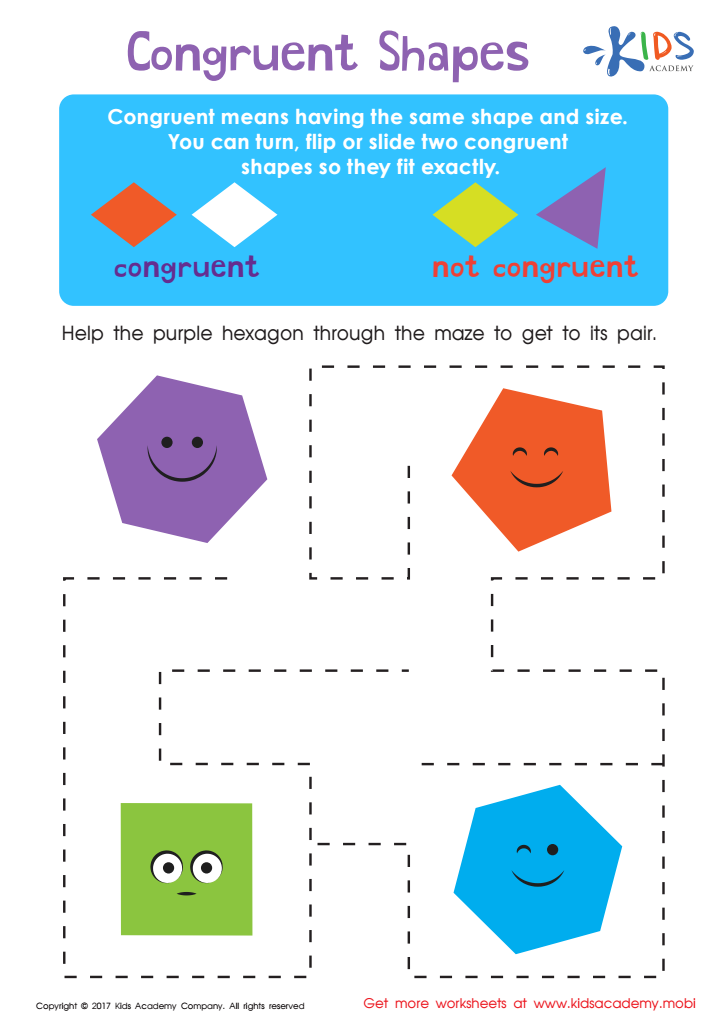

Congruent Shapes Worksheet
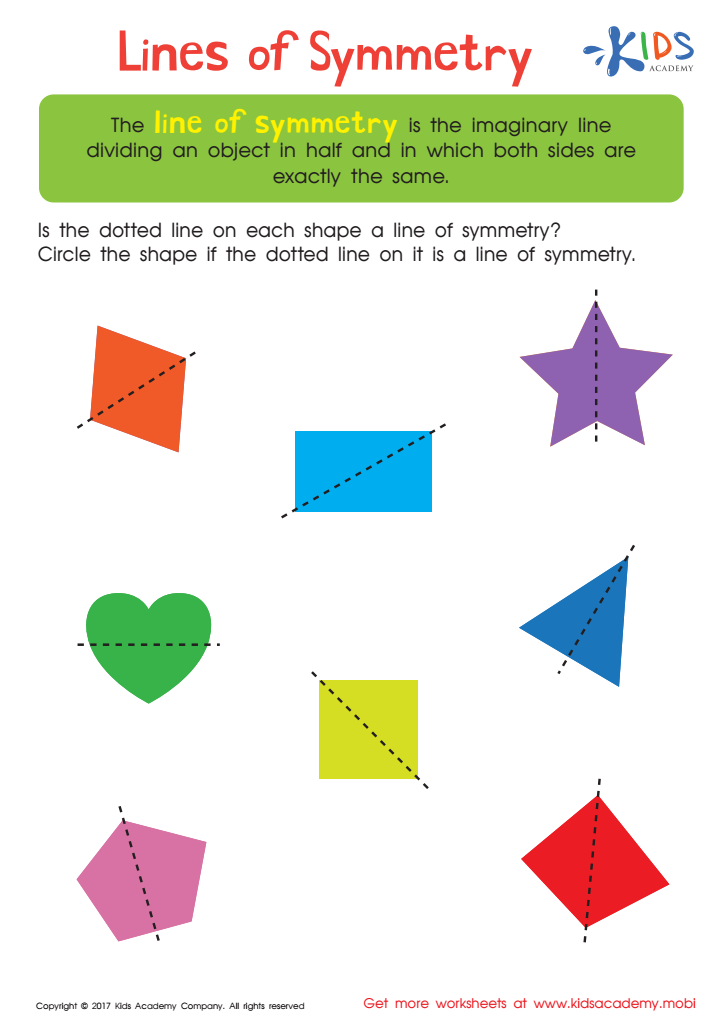

Lines of Symmetry Printable
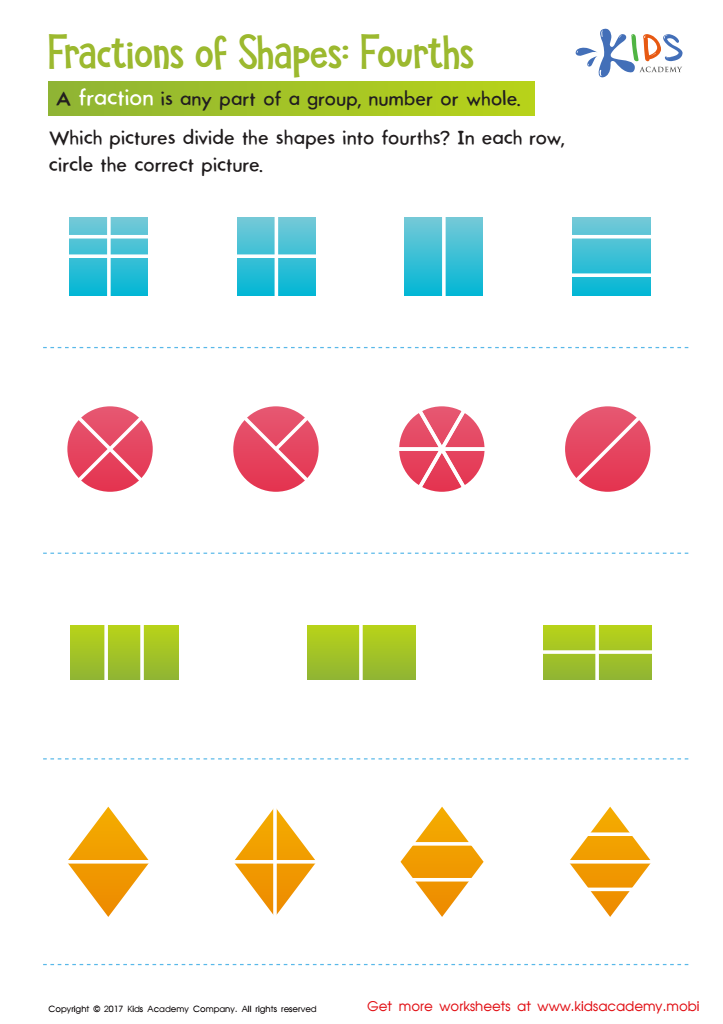

Fractions of Shapes Worksheet
Recognizing shapes is a foundational skill that plays a crucial role in a child's cognitive development, particularly for 7-year-olds. At this age, children are refining their ability to identify and manipulate shapes, which not only enhances their mathematical understanding but also develops their spatial reasoning skills. By engaging in extra challenges that focus on shape recognition, parents and teachers can provide opportunities for deeper learning and critical thinking.
Shape recognition activities can strengthen problem-solving skills as children learn to categorize, compare, and analyze different geometric forms. This knowledge lays the groundwork for more complex mathematical concepts, such as geometry, measurement, and symmetry, that students will encounter later on. Additionally, recognizing shapes contributes to children's creativity and innovation, as they apply this knowledge in art, architecture, and daily life.
Moreover, engaging in hands-on shape activities fosters a playful learning environment that boosts children's confidence and enthusiasm for learning. It encourages collaboration among peers and develops communication skills as they discuss their observations. Thus, investing time in extra shape recognition challenges not only supports academic growth but also nurtures essential life skills, making it an important focus for parents and teachers alike.
 Assign to My Students
Assign to My Students




